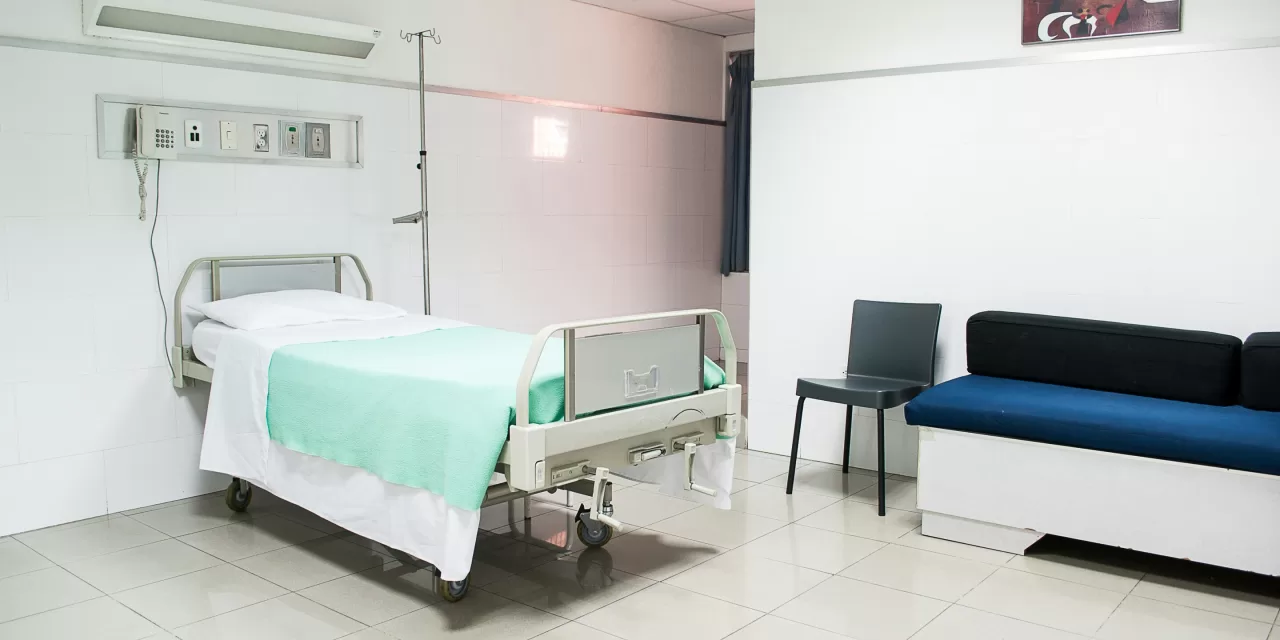Central Coast, New South Wales — A groundbreaking study reveals that increasing the frequency and thoroughness of cleaning shared medical equipment can dramatically reduce healthcare-associated infections (HAIs) in hospitals. The research, conducted by Professor Brett Mitchell from Avondale University and Professor Philip Russo from Monash University, was recently published in The Lancet Infectious Diseases.
The study, known as the CLEEN trial, involved a randomized controlled trial at a hospital on the Central Coast of New South Wales. It introduced an intervention that focused on additional cleaning, enhanced education on cleaning techniques, and regular audits with feedback. The intervention included dedicating cleaners—distinct from regular healthcare staff—to perform an extra three hours of cleaning each day on shared equipment such as commodes, drip stands, and walking aids.
To assess the effectiveness of the intervention, researchers used fluorescent marker gel dots applied to the equipment surfaces. These dots, which became visible only under special light and were resistant to dry abrasion, allowed the team to measure how thoroughly the equipment was cleaned. Before the intervention, the hospital managed to remove only 25% of the dots. Following the intervention, this figure increased to 65%, representing a 35% reduction in healthcare-associated infections.
The implications of these findings are substantial. With an estimated 165,000 infections occurring annually in Australian hospitals, according to prior research by Professor Mitchell and colleagues, the impact of this study is profound. These infections not only incur significant costs but also contribute to mortality rates.
Professor Mitchell emphasized the importance of rigorous cleaning protocols, stating, “Our findings suggest that increasing the frequency of cleaning, rather than reducing it, is crucial in preventing infections. Prior to the CLEEN study, we observed approximately 100 more infections, many of which would have resulted in severe complications or death.”
Professor Russo, Director of Research at Monash Nursing and Midwifery, underscored the critical role of dedicated cleaning staff in infection prevention. “This study highlights that effective infection prevention requires multiple interventions. Our data strongly supports the notion that enhanced cleaning practices can indeed save lives.”
Despite the clear benefits, strategies to prevent healthcare-acquired infections are often informed by limited evidence. Professor Mitchell noted that there are only six high-quality randomized controlled trials on the topic, with two published by his team. The challenge lies in controlling variables and ensuring a sufficient sample size to build reliable evidence.
Dr. Kate Browne, Trial Coordinator at Avondale University, affirmed the value of such research. “Robust, evidence-based trials form the backbone of modern medicine. The data from studies like the CLEEN trial are essential for developing clinical policies and guidelines that improve patient care.”
For further details, see the study published in The Lancet Infectious Diseases:
- Title: Investigating the Effect of Enhanced Cleaning and Disinfection of Shared Medical Equipment on Healthcare-Associated Infections in Australia (CLEEN): A Stepped-Wedge, Cluster Randomized, Controlled Trial
- Authors: Katrina Browne et al.
- Journal: The Lancet Infectious Diseases
- DOI: 10.1016/S1473-3099(24)00399-2












